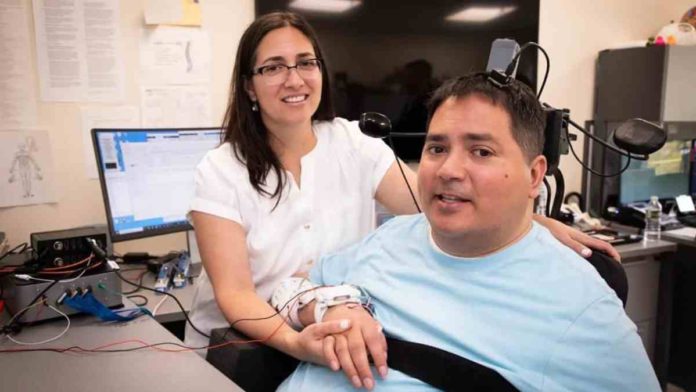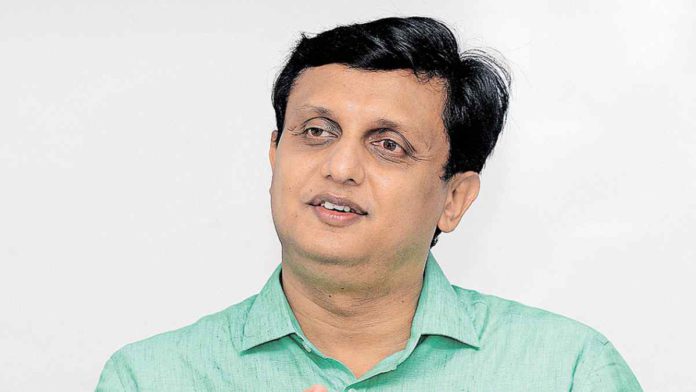In the ever-evolving landscape of technology, artificial intelligence (AI) has emerged as a driving force of innovation, revolutionizing various industries. From healthcare to finance, AI has left an indelible mark on numerous sectors. In recent years, the realm of sports has also experienced a profound shift due to AI technologies. Even some of the reviews on the bookies websites, available through this source, can be written using the stats, gathered by that tech. This article explores how AI is revolutionizing and transforming sports forever, with a focus on athlete training and performance optimization, enhanced fan experiences, referee assistance and fair play, data analytics and performance analysis, and injury prevention and athlete health.
Athlete Training and Performance Optimization
AI is radically transforming athlete training and performance optimization. With its ability to process and analyze vast amounts of data, AI algorithms are revolutionizing training programs, helping athletes reach their full potential. By incorporating biometrics, motion tracking, and historical performance records, AI systems provide valuable insights into an athlete’s strengths and weaknesses. This information allows trainers and coaches to tailor personalized workouts and training regimes that target specific areas for improvement. AI can also simulate game scenarios, providing athletes with invaluable opportunities to refine their skills and decision-making abilities. By creating virtual environments, AI allows athletes to practice and strategize, preparing them for the challenges they may face during actual competition.
Enhanced Fan Experiences
AI is not only transforming the performance of athletes but also enhancing the experiences of sports fans. Augmented reality (AR) and virtual reality (VR) technologies are at the forefront of this revolution, allowing fans to immerse themselves in the action as if they were part of the game. Through AR and VR, fans can witness sports events from unique perspectives, accessing exclusive content and experiencing the thrill of being on the field or court. For example, VR headsets can transport fans into the stadium, allowing them to virtually sit in the best seats and enjoy the game as if they were physically present. Additionally, AI-powered chatbots have become an integral part of fan engagement, providing instant responses to inquiries, updates on scores, and personalized recommendations. Social media platforms are also utilizing AI algorithms to deliver tailored content and updates based on fans’ preferences, allowing for a more interactive and engaging experience.
Referee Assistance and Fair Play
AI is playing a significant role in ensuring fair play by providing valuable assistance to referees. The Video Assistant Referee (VAR) system is a prime example of how AI can be utilized in sports officiating. VAR leverages AI algorithms to analyze video footage, helping referees make accurate decisions in crucial moments of the game. Whether it’s determining offside calls, identifying fouls, or resolving goal-line controversies, AI can process data in real-time, reducing human error and ensuring fairness in the game. VAR has been implemented in various sports, including football (soccer) and rugby, with the aim of minimizing controversial calls and maintaining the integrity of the game. However, it’s important to strike a balance between AI assistance and maintaining the human judgment required for nuanced decision-making.
Data Analytics and Performance Analysis
AI-driven data analytics is revolutionizing the way sports teams analyze performance and strategize. By harnessing the power of AI, teams can process massive amounts of data and extract valuable insights that human analysts might overlook. From player performance analysis to opponent scouting, AI enables teams to make data-driven decisions, optimize game strategies, and gain a competitive edge. Computer vision systems powered by AI can track player movements, detect patterns, and provide real-time feedback during training sessions and matches. This level of analysis not only benefits teams but also provides fans with a deeper understanding of the game through statistical insights and advanced visualizations. For example, AI algorithms can generate real-time statistics, highlight key moments in the game, and provide predictive analysis, allowing fans to gain a deeper appreciation for the intricacies of the sport.
Injury Prevention and Athlete Health
The field of athlete health and injury prevention has also witnessed significant advancements with the help of AI. Sensor-equipped wearables and AI algorithms are used to monitor athletes’ vital signs, biomechanics, and fatigue levels in real-time. This data is then processed and analyzed, providing athletes and coaches with valuable insights into their physical condition and performance. Machine learning algorithms can identify injury patterns and risk factors, allowing teams to implement preventive measures and develop personalized training programs to minimize the occurrence of injuries. For example, AI can help detect early signs of overexertion or fatigue and recommend appropriate rest periods or adjustments to training intensity. AI-powered rehabilitation systems further optimize the recovery process, assisting athletes in returning to peak physical condition. By leveraging AI in injury prevention and athlete health, teams can enhance the longevity and performance of their athletes, ultimately leading to better overall team performance.
Conclusion
Artificial intelligence is revolutionizing and transforming the world of sports, affecting athletes, fans, and the entire sports ecosystem. Through AI, athlete training and performance optimization have reached new heights, with the ability to simulate game scenarios and refine skills. Enhanced fan experiences are made possible through the immersive technologies of AR and VR, chatbots for interaction, and personalized content through social media platforms. AI-assisted referee systems ensure fair play, aiding in critical decisions through VAR and reducing human error. Data analytics and performance analysis driven by AI provide teams with valuable insights, while injury prevention and athlete health benefit from AI’s ability to monitor and personalize training programs. As AI continues to evolve, its integration into sports promises an exciting and transformative future for athletes, fans, and the entire sports industry. The intersection of AI and sports opens up new possibilities, pushing boundaries and creating a more engaging, fair, and optimized sports experience for all.











